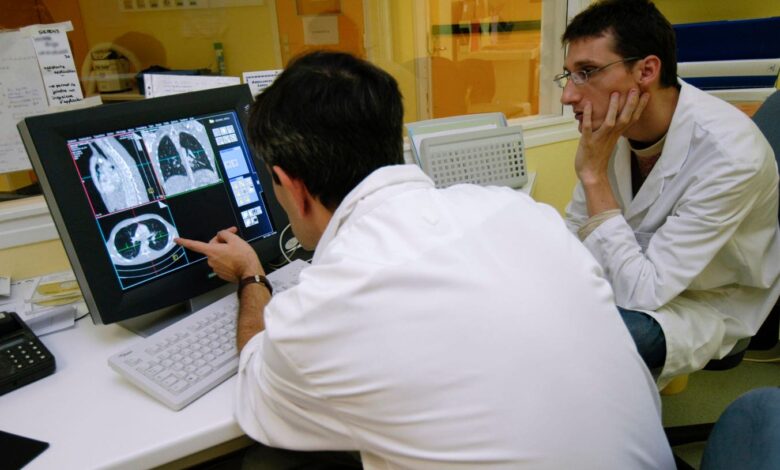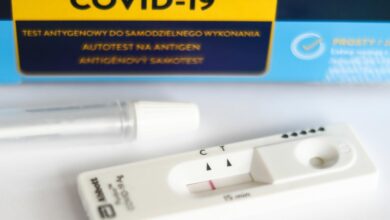CT Scans And Possible Rising Cancers- A Closer Look

CT examinations in America could result in 103,000 future cancers, which would account for 5% of all new cancer diagnoses, according to a study published in JAMA Internal Medicine.
The study examined a risk model through a multicenter sample of CT exams over a 3-year period from the University of California San Francisco International CT dose registry. The authors of the study estimated over 100,000 cancers would result from 93 million scans performed in 2023 alone.
CT scans use ionizing radiation, unlike other imaging modalities such as MRI and ultrasound. It is well known that ionizing radiation is a clear risk factor for many cancers, including lung, breast, colon, and blood cancers.
Despite these risks, it is important to note that the results of the study from UCSF are based on statistical models and not real-life patient outcomes. There are no published peer-reviewed studies directly linking CT scans to cancer, and no studies have shown a direct cause of cancer from CT scans. The association between cancers and CT scans poses a theoretical risk that has not been shown in real clinical practice.
Concerns about CT scans and cancer stem from the fact that radiation can damage DNA, potentially increasing one’s cumulative risk for cancer with repeated scans. However, the amount of radiation from a single CT scan is extremely low. For example, a CT scan of the abdomen and pelvis delivers a dose equivalent to the amount of radiation one naturally receives from the environment over 3 years.
CT scans play a crucial role in saving lives by detecting cancers early, reducing invasive procedures, and monitoring disease progression. Modern CT technology has evolved to use lower doses, with specific techniques to minimize radiation exposure. Screening studies, such as those for lung cancer, utilize low-dose CT scans to reduce radiation delivery.
While fears over CT scans may be overstated, it is essential for patients and physicians to exercise caution when ordering these scans. Alternative imaging modalities without radiation should be explored if possible. Honest conversations between physicians and patients about the benefits and risks of imaging studies can help individuals make informed decisions about their health.
The American College of Radiology emphasizes that Americans should not forgo necessary medical imaging and continue discussing the benefits and risks with their healthcare providers. CT scans remain a valuable tool in diagnosing and monitoring various medical conditions, providing critical information for patient care.




